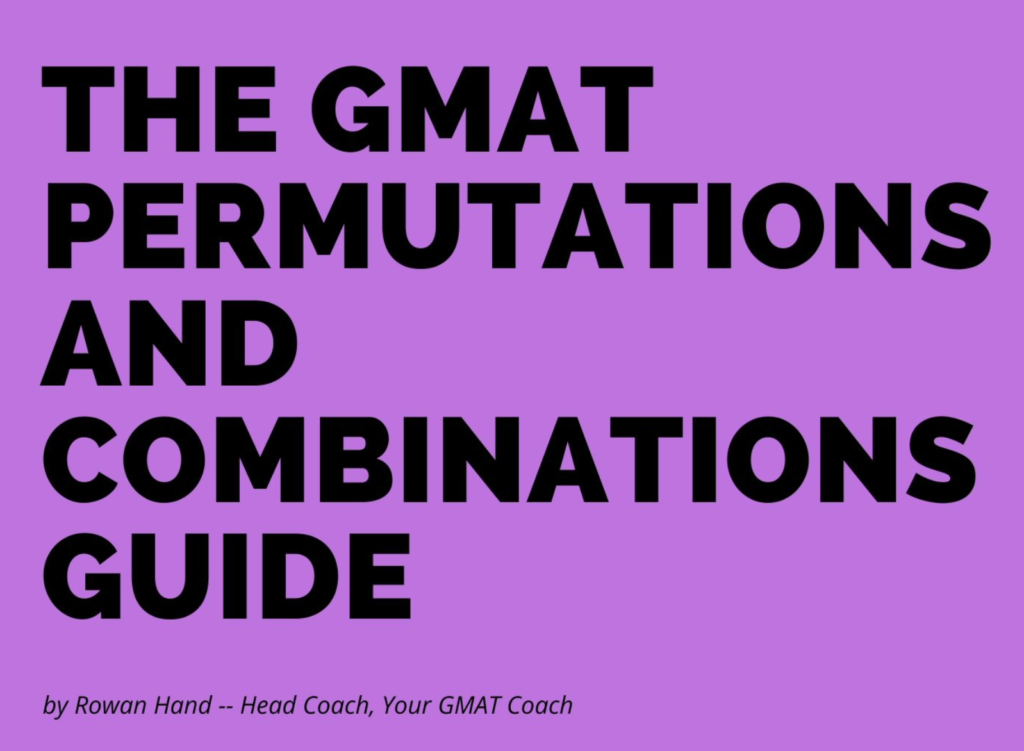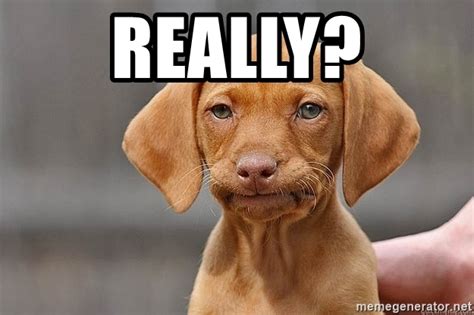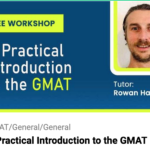Unless you are specifically told that something is the “best,” the “worst,” the “only,” etc. you can be sure that the absolute statement is incorrect on GMAT Verbal.
This is a really quite important point. You’ve probably heard of answer choices being “too strong,” but what the hell does that mean? It’s almost certain that this sort of answer contains an ABSOLUTE statement: never, only, always, best, and such like.
Now of course we often speak in absolutes and we don’t expect folks to take these absolutely literally (NOT figuratively–seriously: who are you? Rob Lowe?). For this reason, the writers of the GMAT Verbal love to put absolute statements into the answer choices.
Since we’re so accustomed NOT to taking absolutes at face value, we often just skid right past them and choose that answer even though–because of the absolute!–it is demonstrably untrue.
The problem here is that absolutes are next-to-impossible to prove: for example, can you prove that something is ALWAYS the case? What about that time when it isn’t? Gee… oops! NOT ABSOLUTE.
Only if you can prove definitively that this is the BEST approach can you choose it. What about that other one that might be better? See what I’m getting at here?
ONLY when the text specifically states that something is unique: the BEST, the ONLY, etc. then do your best not to shoot yourself in the foot by picking the absolute in GMAT Verbal.







